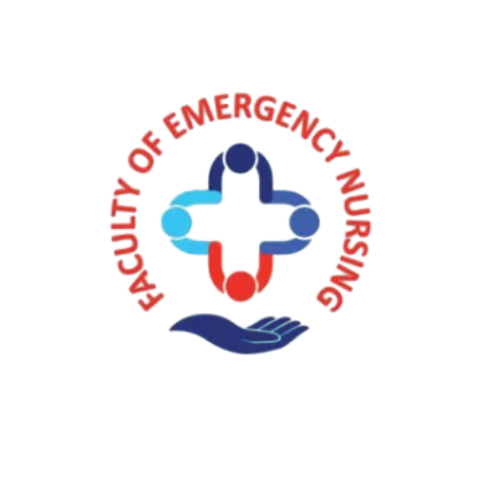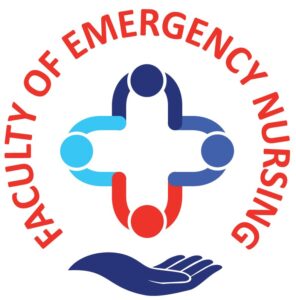Hello Colleague
Making space – literally, metaphorically and psychologically, is both challenging and critical right across emergency care.
As health professionals, we need space to process and recover from the emotional payload of what we do.
We need clear boundaries for team members, patients and management, so everyone knows where their space is.
And of course, we need to literally make both physical and mental space to care, whenever and however we can.
This year’s Emergency Care Conference is all about space: space for you, space to connect and space to share our learning, our creative solutions, and our collective wisdom.
You make this conference so special.
The programme is created from the things you most want to hear about, the great work you most want to share and the commitment to keep making it better for each other and those we care for. With this in mind we’d love to hear from you – this is our official call for papers for Making Space – Emergency Care Conference 2024. There are a number of ways you can participate:
Plenary Presentations (main stage) – these are 25 mins in length to the entire audience. Papers need to have wide appeal and message (even if the subject is specialised). You don’t have to be famous in emergency care, or an accomplished speaker – some of our most engaging papers were from first time conference speakers.
Concurrent Sessions (breakout rooms) – also 25 mins in length, these suit topics that may have value for specific people rather than the whole audience. This might be because of the subject, the stage of someone’s career journey, or their specialism within emergency care. This is also a great place to start sharing your wisdom if the main stage feels a little daunting.
Workshop Sessions (practical learning) – these are 55 mins in length and are designed to be interactive and practical. They might be skills training, the opportunity to dive deeper into some form of reflective practice, or simply space to be.
Poster Presentations (you don’t even have to get in front of the audience) – if the thought of standing presenting gives you hives, but you have great work to share then this may be for you. You get to present your work in visual format – a printed poster works best, but we may also be able to accommodate electronic displays. You will be expected to be at your poster during the specific times allocated for delegates to view posters.
If you are interested in being involved, please complete this short form to submit your abstract. We’d like to know what you want to talk about, how it adds value and what sort of session you’d prefer. Abstracts should be no longer than 300 words.
The closing date for abstracts is Friday 24th May.
Your submissions will be reviewed by the Scientific Committee for the conference, which includes representatives from the RCN, ECF, FEN, previous conference delegates engaged in clinical practice as well as Brian and myself. Our job is to ensure a varied and interesting programme, so if you have topics or people you’d love to see (or see again) at the conference do feel free to reply to this email with your ideas, and we will do our best.
We are particularly keen to get papers around the broad theme of making space, including, but not limited to the following areas:
- Creative ways of working / dealing with pressures
- Looking after each other
- Clinical Care
- Collaborative working
- Case studies
- Sharing best practice
- Considering specific patient groups – mental health, paediatrics, older people, trauma etc.
- Leadership
- Social implications for Emergency Care
- Workplace wellbeing
- Managing aggression
- Climate change as a health emergency
Please share this widely with your emergency care colleagues and friends. Last year the majority of the audience were nurses, although the conference is open to and valuable for all working in emergency care.
If you want to get ahead of the rush, we’ve held last year’s prices and you can book your ticket here.
All the best
Prof Lynda Holt, CEO Health Service 360
Honorary Professor of Social Leadership, School of Health & Society, University of Salford

